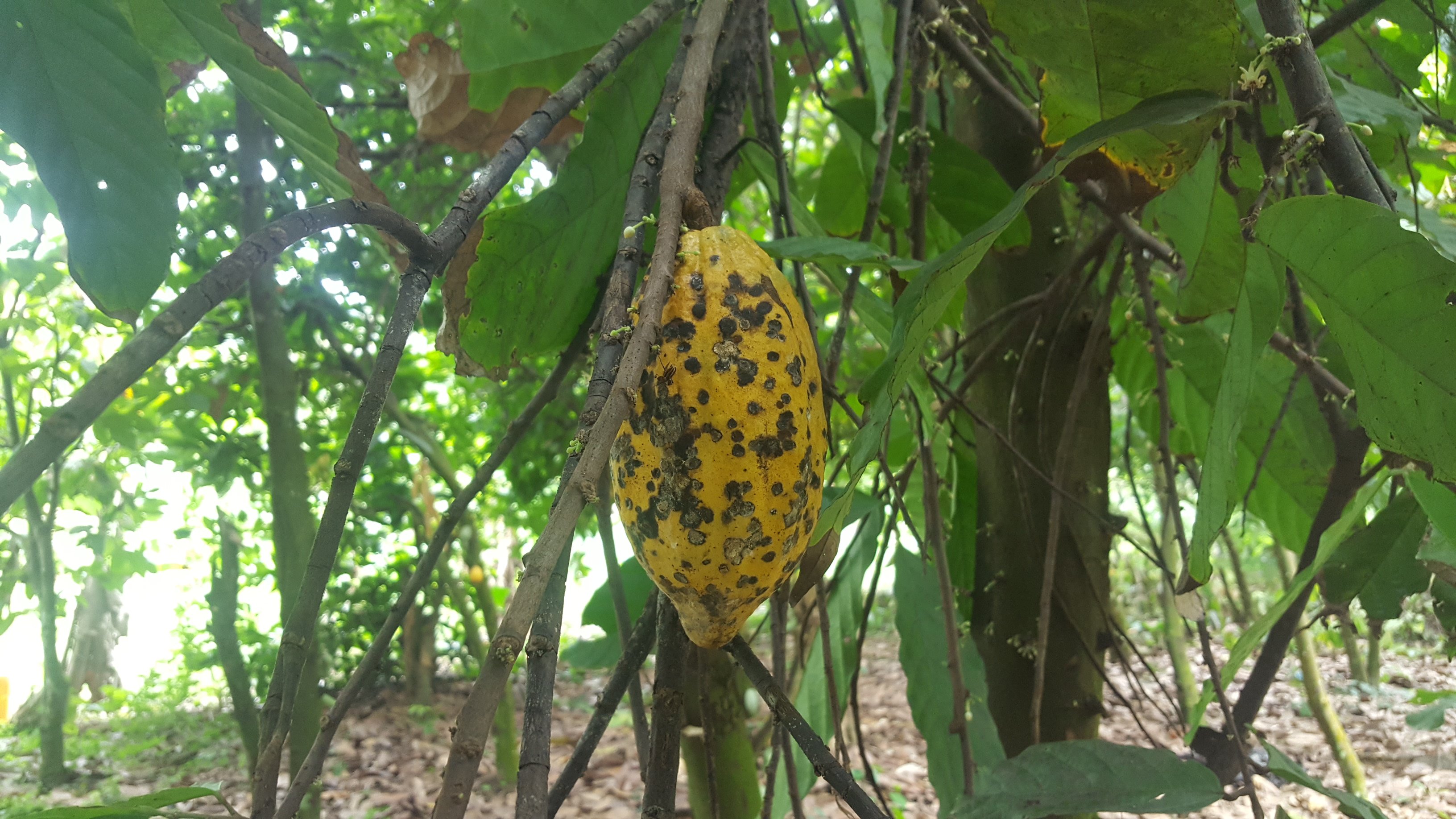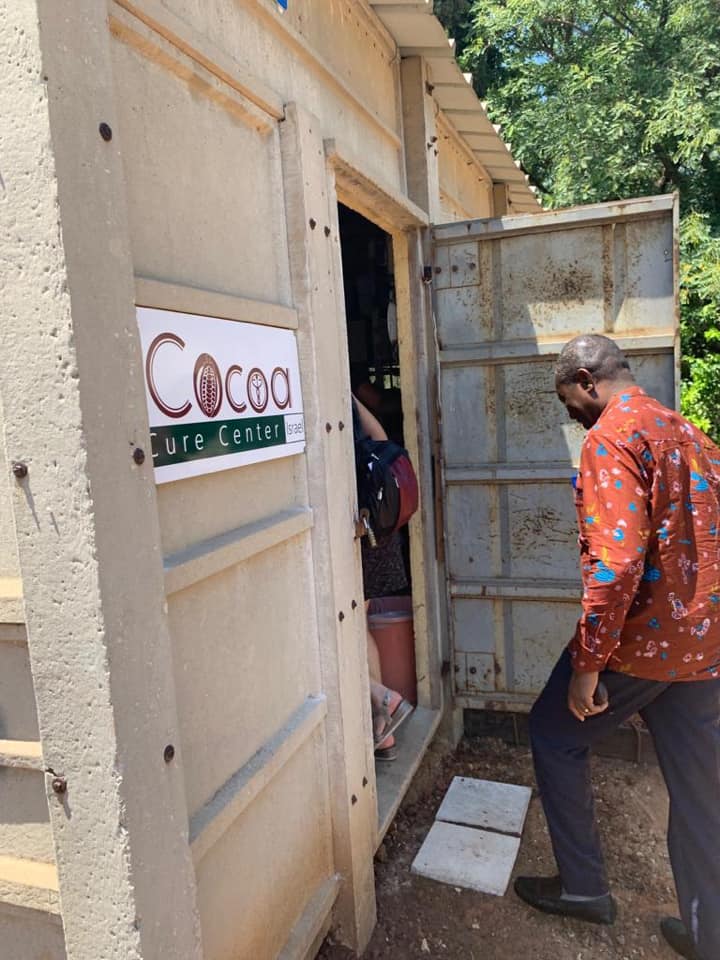Ghana, Israel Collaborate to Eliminate Cocoa Swollen Shoot Disease
Ghana and Israel have signed a cooperation agreement to combat the Cocoa Swollen Shoot Virus Disease (CSSVD).
Ghana is the world second largest producer of cocoa, the chief ingredient in chocolate.
However, a myriad of challenges including diseases, such as the CSSVD, have been militating against annual production targets.
Presently the swollen shoot disease has rendered thousands of cocoa in Ghana unproductive.

In a renewed bid to boost production, currently around 900,000 metric tonnes, Ghana’s cocoa sector regular, the Ghana Cocoa Board (Cocobod) has been implementing a combination of interventions dubbed Productivity Enhancement Programmes (PEPs).
These include rehabilitation of moribund cocoa farms, supply of free seedlings to farmers, mass pruning of farms, subsidised fertilizer, hand pollination, mass spraying and irrigation.
It is in the light of increasing Ghana’s cocoa yields that Cocobod sought a collaboration with Israel.
Cocobod and Israel’s National Agricultural Research and Development Innovation Hub, Volcani (ARO), Tuesday July 30, signed a memorandum of collaboration to find a permanent solution to the Cocoa Swollen Shoot Virus Disease (CSSVD).
The brief signing ceremony was held at the Volcani’s Cocoa Cure Center in Israel.
The collaboration is also aimed to optimize cocoa nutrition, irrigation and pollination as well as to improve cocoa seedling health and resilience via biochar solution in nurseries and during planting.
Scientists from the Cocoa Research Institute of Ghana (CRIG) will work jointly with their counterparts at Volcani Centre towards finding a permanent solution to the viral disease.
Volcani established in 1921 is best one of the best agricultural research firms in the world.
A breakthrough from this collaborative research in the cocoa swollen shoot viral disease is believed to have phenomenal impact on cocoa production in Ghana and other cocoa producing countries enduring the negative effect of the disease.

The collaboration is also expected to help develop climate and pest resilient cocoa strains having favourable flavoring and health profiles as well as other subjects of mutual interest as integrated shade/ irrigation solution, post harvest processing and storage, reduction of post-harvest losses and more.
Cocobod Chief Executive, Joseph Boahen Aidoo, who signed on behalf of COCOBOD, according to a press release said “there is the need to collaborate to find an antidote to CSSVD as we cannot wait any further since the disease poses major threat to the survival of the cocoa industry.”
Mr Aidoo expressed confidence in the expertise of scientists from CRIG and was upbeat their joining forces with scientists from Volcani would produce results for the betterment of Ghanaian cocoa farmers and the cocoa industry as a whole.
Professor Eli Fenerman, who signed the MoU on behalf of Volcani, recounted, the Centre has chalked many collaborative successes with institutions globally, finding solutions major agricultural challenges and was optimistic this collaboration would be any different.
According to Cocoa Research Institute of Ghana (CRIG), the cocoa swollen shoot virus disease (CSSVD) has since its discovery in 1936 in the Eastern Region of Ghana been a major constraint to cocoa production.
- Major Ghana Cocoa Region 81% Infected with Bean Disease - July 22, 2024
- Ghana to Delay More Cocoa Deliveries as Supply Crisis Worsens - June 12, 2024
- Cocoa Production Helping Mitigate Climate Change Impact - June 10, 2024